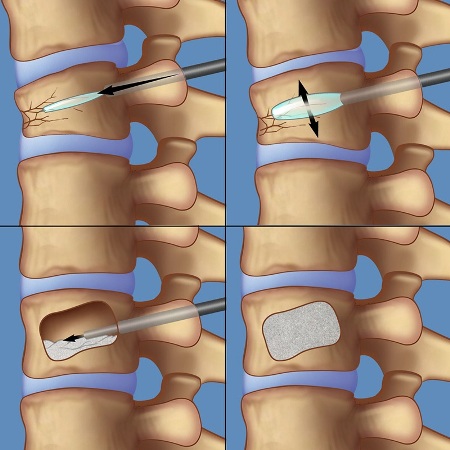
The global market for rheumatoid arthritis treatments is expected to grow at a CAGR of...
Learn More
Our consulting solutions address company specific challenges with respect to micro environment...
Learn More
Organizations frequently need day-today research guidancein order to gain strategic...
Learn More
Exploring different areas of market research and market analysis is a key factor...
Learn MoreAcute Market Reports presents the most extensive global business research services across industries. Our research studies focus on potential outcomes, benefits, and risks associated with each market segment across geographies. Having served our global clients for more than 10 years, our prime priority is to enable our clients in making well-informed business decisions through a data-driven, analytical, and uncomplicated research approach.
We provide access to the world's most comprehensive, analytical, and updated business intelligence services and solutions.




The kyphoplasty market is expected to experience a CAGR of 5.5% during the forecast period of 2025 to 2033, driven by the rising prevalence of vertebral compression fractures (VCFs) and the growing aging population. Kyphoplasty is a minimally invasiv...
Read More
The ophthalmic examination chairs market is expected to experience a CAGR of 6% during the forecast period of 2025 to 2033, driven by factors such as the increasing prevalence of eye disorders, advancements in ophthalmic technology, and the growing d...
Read More
The marker pen market has experienced significant growth in recent years, driven by its wide-ranging applications across various industries, including education, art, and office work. Marker pens offer convenience, versatility, and vibrant color opti...
Read More




